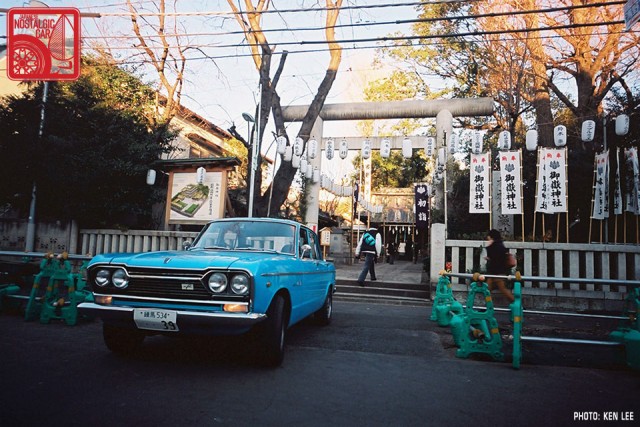
In Part 01 of this series I went in search of my first classic car, a Prince Skyline GT-B. In Part 02 I proved to the city of Tokyo, where I live, that I had space to park it and went through Japan’s infamous Shaken safety inspection to get it street legal. Now comes the fun part — driving it through the streets of Tokyo. But first, I needed a license plate.
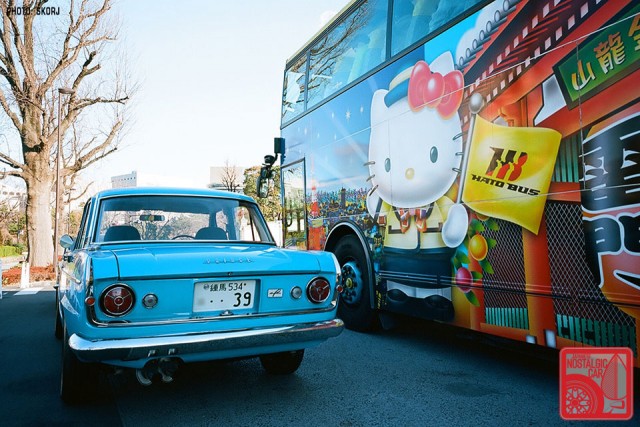
I decided to get a kibo number, or customized number. Getting a kibo plate is not very expensive, costing about 6,500 JPY ($53) whereas a normal plate costs 4,800 JPY ($40 USD). Only the numerical digits are personalizable, and there are of course no letters of the alphabet. For the four digits positions available, you can choose 0-9 or a dot for a blank space.
Since the GT-B was the same color as the famous No.39 Skyline GT driven by Yoshikazu Sunako in the 1964 Japan Grand Prix, the race that birthed the Skyline Legend, I decided to pick the number “39.” Skyline fans really get a kick out of this when they see the car.
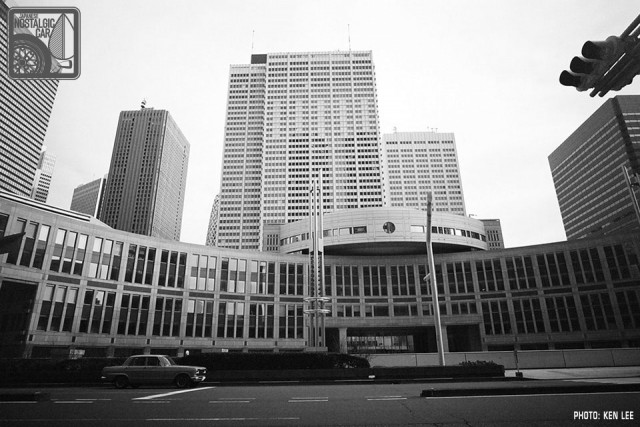
The next step was to get insurance for the GT-B. Since I have another car I used the same insurance company and asked them to provide “second car” insurance. They needed a copy of the car license and Shaken certificate and for me to fill out an online form.
Since the car is a classic, they only provided third party coverage and nothing to cover the car itself. Agreed value insurance is also available from some insurance companies. The car is however, is covered by automobile liability insurance (or jibaiseki hoken) as part of the Shaken process, but if the car is worth more in the future I’m out of luck.
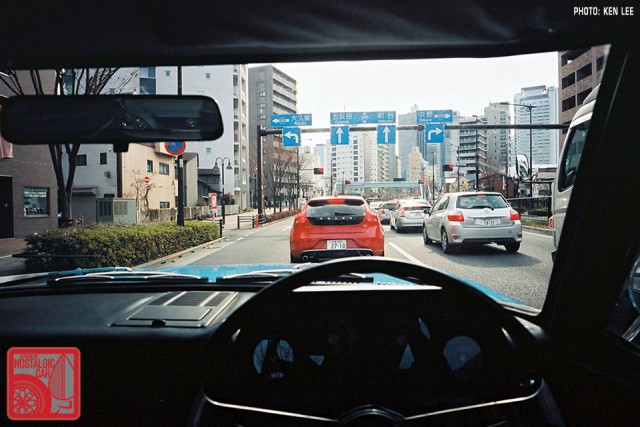
With all the paperwork taken care of, it was time for the fun part — driving it around Tokyo! As this is my first classic car, I must say that I’m filled with awe every time I go out for a ride. When I stop to think, I realize my GT-B is older than me.
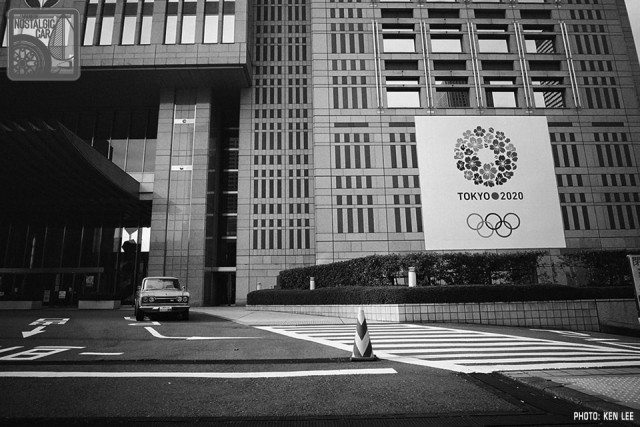
The reaction of people around me is quite amusing as well, especially elderly men driving their Toyota Prius company eco-cars while staring at my car and reminiscing about their youth. People at stoplights get out of their cars to come look. Regular stops at convenience stores or gas stands result in someone wanting a photograph, or to just talk about the car. “Natsukasii…” they say (nostalgic), or perhaps just “mezurashii” (rare). It’s kind of like walking a dog — a great conversation starter.
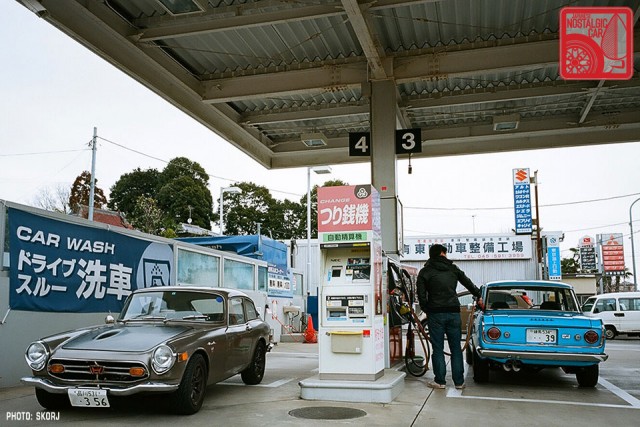
I also really enjoy being part of a special group of kyuusha drivers in Japan. When you drive by another classic and they give you a honk or a thumbs up, you just have to smile.
As the car is from Australia I have also been able to make good connections with the Prince Skyline GT Register over there (they were in Japan last year and I got to meet up with them as well) and they have introduced me to the Prince Skyline GT-A and GT-B group in Tokyo.
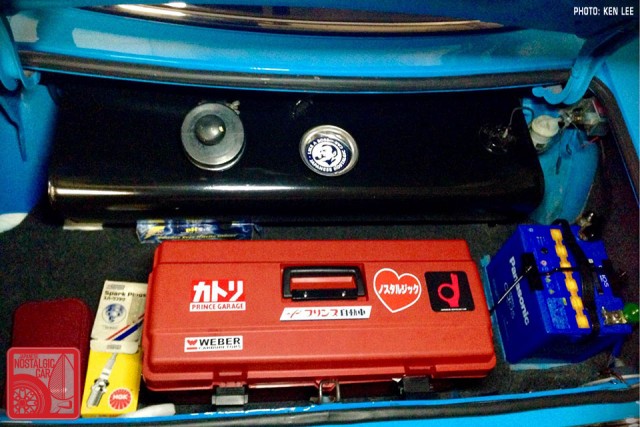
Also, thanks to JNC, I was able to find an ex-owner of my GT-B on the forums! Member GT-R380 had owned the car from 1983-91, and was kind enough to fill in the blanks about its history. He had suggested that my car was purchased in 1967 for participation in Australia’s premier road race — the 1968 Bathurst 500. A grueling 500-mile race around the tortuous Mount Panorama circuit, two S54BE-2s had competed the previous year (1967), with some success against the Cortina and Mini.
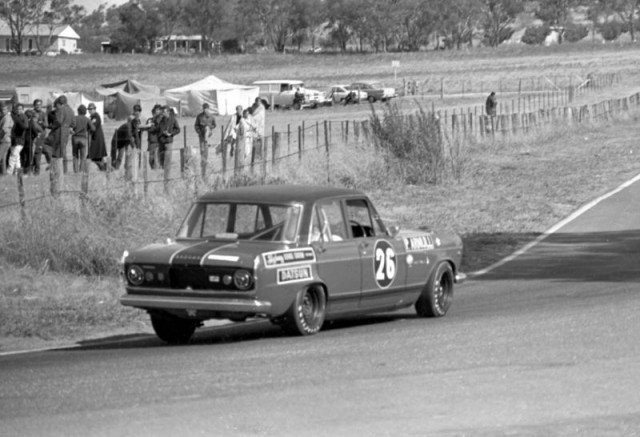
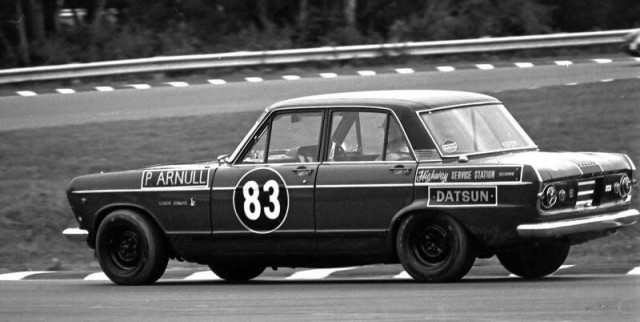
Supposedly, due to a change in homologation requirements in 1968, my GT-B was unable to compete and spent the next few years in storage before being purchased by its second owner for use in club competition and sprints. Along the way, though, it was also fitted with a special race cam shipped from the factory with instructions in Japanese. The world is too small! Amazing!
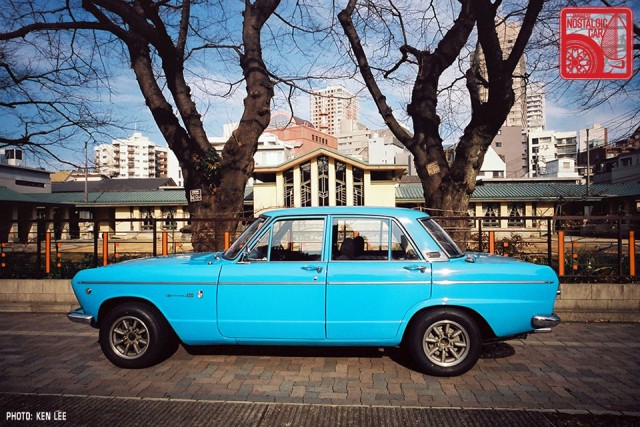
Since getting the car in my hands, I’ve fitted new tires to period RS-Watanabe wheels, replaced the old-style alternator and voltage regulator with a high capacity IC-controlled alternator, replaced sealed-beams with Koito H4s, changed conventional points and coil distributor to a Pertronix electronic system, added a period Mitsuba auxiliary hazard switch, reinstalled a set of original velocity stacks, and installed a new Smiths classic series water temperature sender and meter.
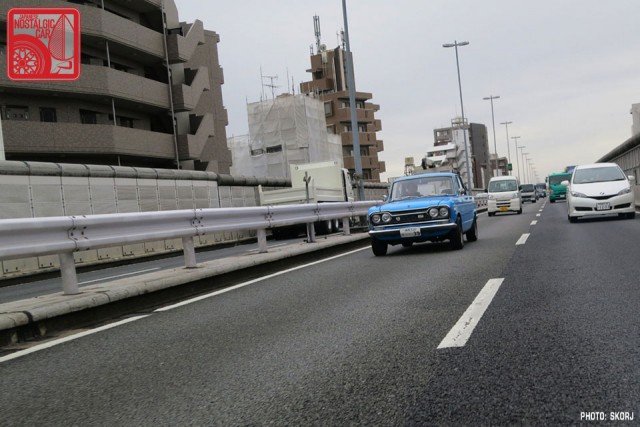
It’s not known if the special race cam shipped from Japan in the 1960s is still in my GT-B, but as I pull away from the toll-gates on the expressway, shifting up through the gears, I listen to that snarling six-cylinder and imagine it is. The current plans are to fully refurbish the Webers, replace the dash pad, replace the front windshield, and most of all drive the car as much as possible.
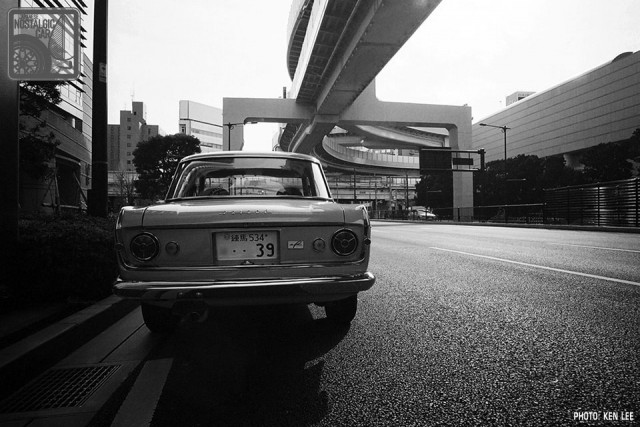
Owning a kyuusha has been a very tough and rewarding experience for a beginner like me. Fixing one thing usually leads to breaking another. Finding parts are an exercise in patience. Reading the JNC forums, hours of YouTube videos, and live lessons with an experienced mechanic have been lifesavers. I just wish I’d started earlier!
Bathurst images courtesy Lynton Photography.


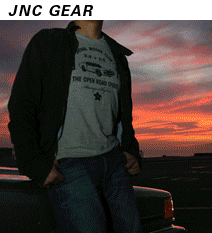
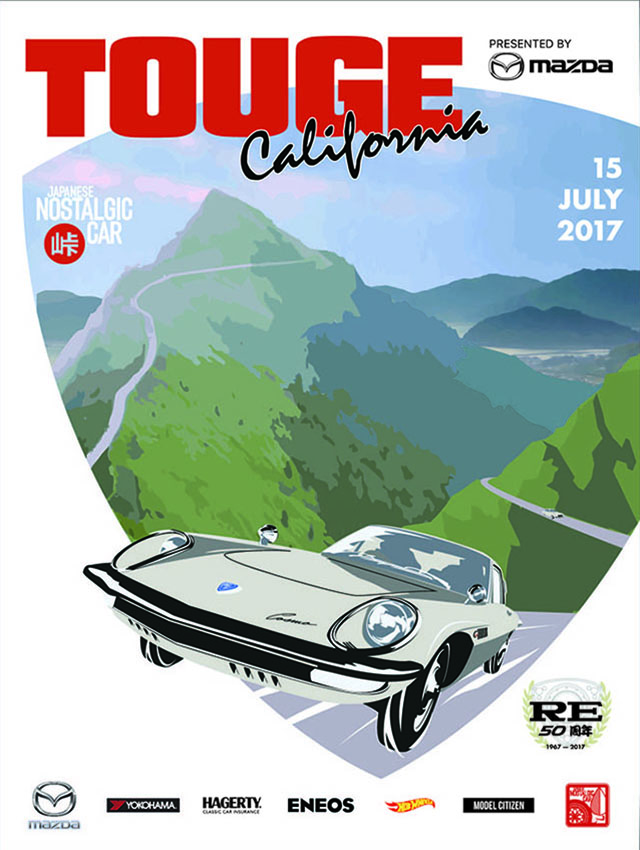
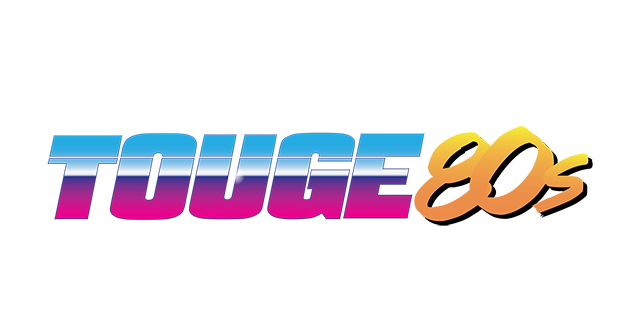
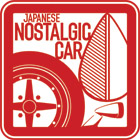
Mint! Enjoy it bud.
wow thats insane you were able to track down the car’s history like that. that car is a beauty.
Great photos, great series, great car! I’m going to need a ride in that next time I visit…
I think a few laps of the Shuto C1 are in order then… As long as I can drive the chase car.
Done deal, my friend.
Can I come, too?! =P
That’s the great thing about the Skyline — it kicks ass AND has seating for four!
Excellent read. Thanks for sharing. I would love to track down the former owner of my Delica in Japan, and tell him or her of its adventures in the USA. I have service paperwork with a name and address(in Japanese of course), but I wouldn’t know how to go about contacting him/her.
Hey. PM me and I’ll see what I can do to help you.
I googled the vin on my hako just because, and just came up with various shipping dockets from its journey to the US from Japan. Fun to find some history for your car!
So those BW photos are of your very car on Bathurst back in that day? That’s simply one of the coolest things you can find out about your car! It’s such a beauty w/ awesome provenance.
No, no, no! The car was originally purchased to be raced at Bathurst but due to regulation changes it could not. How I wish it was though!
Oops, sorry! Nevertheless, it’s still a beautiful classic w/ provenance!
Do the kibo number plates cost extra?
Getting a “kibo” license plate costs about 6,500 JPY ($53 USD). A normal plate costs 4,800 JPY ($40 USD).
Updated above.
Great seeing you Kuroneko and your cars the other day! Awesome article!
Such a small world we live in! But then again, Ben knows everyone in the car world!
We share the same previous Australian car owner. My 65 Skyline is the same colour as well.
Hi Jen! That’s great to hear. Hope you’re enjoying it as much as I am!
Hello Ken,
I am moving to Japan in two weeks. On the fence post of bringing my car. I will be in a very snowy area so my 2001 Suburban would be awesome to have. It has a 9″ lift on it. Are lifted cars allowed on Japans roads? Also do they do emissions to check engine quality? It passes with flying colors here in the US but does Japan have a more strict emissions policy?
Thank you.